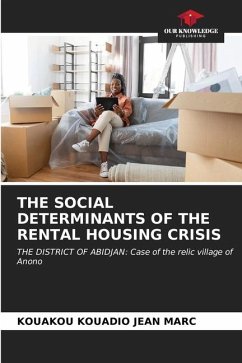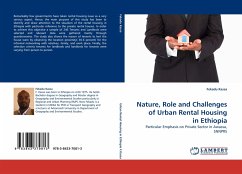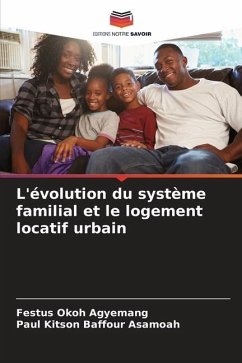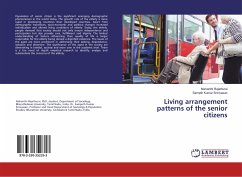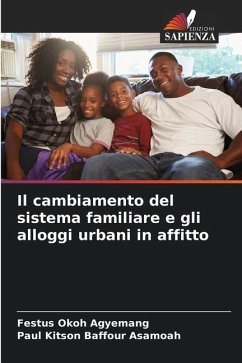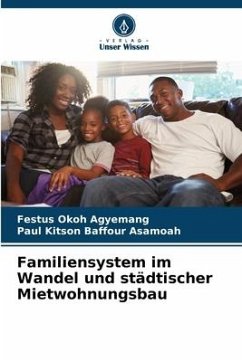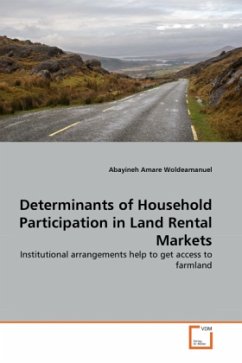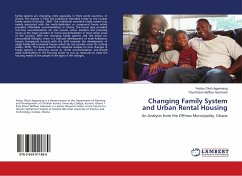
Changing Family System and Urban Rental Housing
An Analysis from the Offinso Municipality, Ghana
Versandkostenfrei!
Versandfertig in 6-10 Tagen
27,99 €
inkl. MwSt.

PAYBACK Punkte
14 °P sammeln!
Family systems are changing, most especially, in third world countries. In Ghana, the change is from the traditional extended family to the nuclear family system (Twumasi, 1983). The traditional extended family system was mainly associated with the multi-habitation or compound house which provided affordable accommodation. In Ghana, this house type provided rent-free accommodation for low income urban dwellers and presently serves as the major provider of rental accommodation in most urban areas of the country. With the changing family systems and the desire for personalised lifestyles, there ...
Family systems are changing, most especially, in third world countries. In Ghana, the change is from the traditional extended family to the nuclear family system (Twumasi, 1983). The traditional extended family system was mainly associated with the multi-habitation or compound house which provided affordable accommodation. In Ghana, this house type provided rent-free accommodation for low income urban dwellers and presently serves as the major provider of rental accommodation in most urban areas of the country. With the changing family systems and the desire for personalised lifestyles, there is a reduced development of multi-habitation houses (compound houses) with the shift towards the development of single family self-contained houses which do not provide room for renting (Addo, 2013). This book presents an empirical analysis on how changes in family systems is affecting access to rental accommodation and should assist stakeholders in the housing sector to put up measures to meet the housing needs of the people in the light of the changes.



